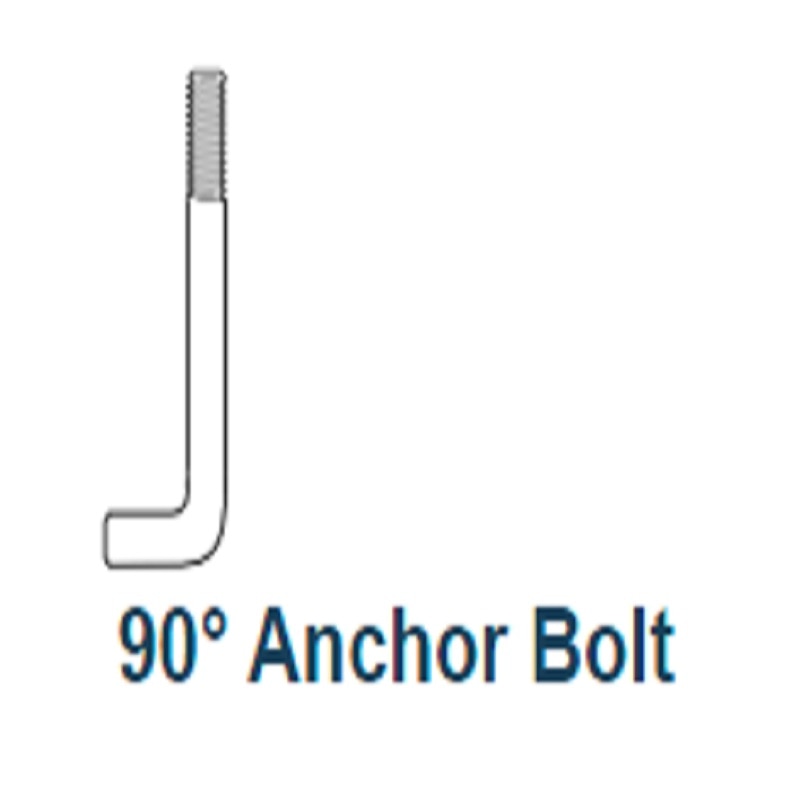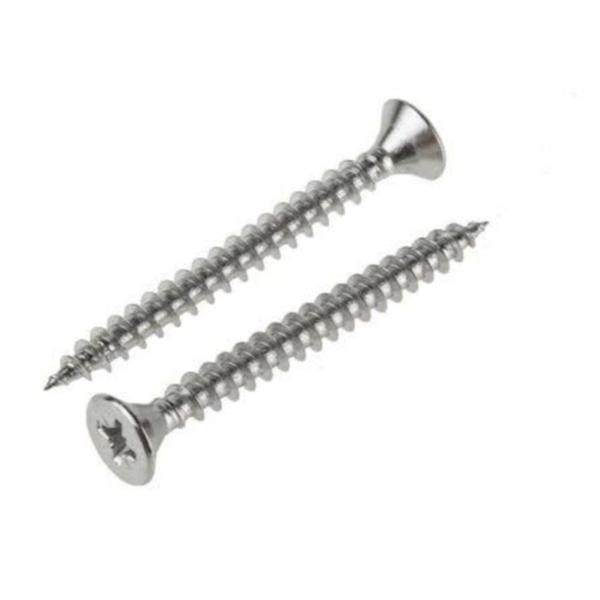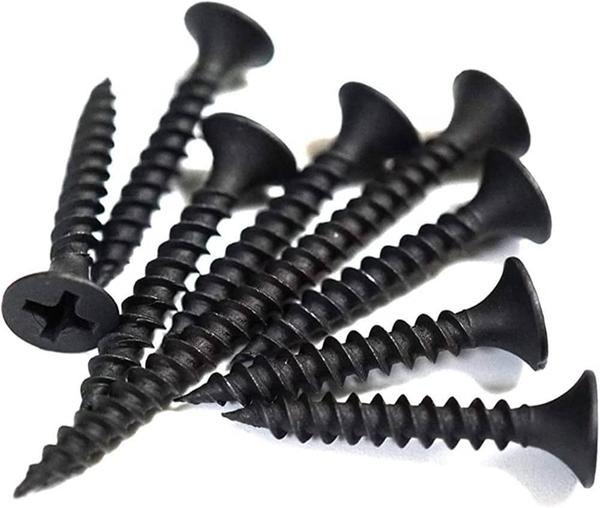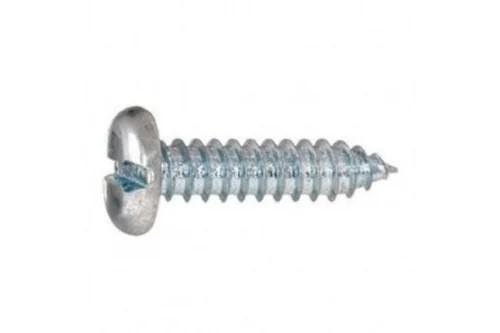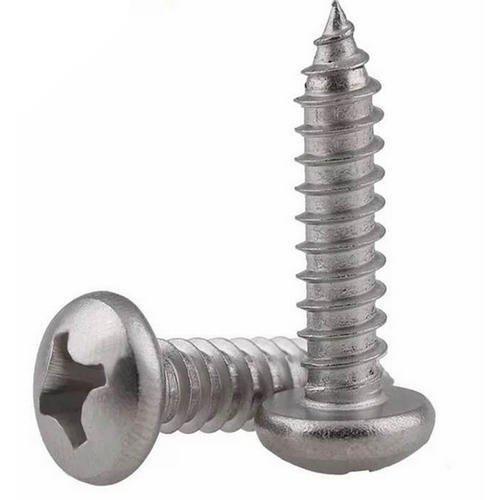Description
Product details
An L-Type Foundation Bolt is a type of anchor bolt that is used to secure objects or structures to concrete or masonry surfaces. It is commonly used in construction, engineering, and industrial applications. The L-shape design of the bolt provides stability and prevents rotation, making it suitable for heavy-duty applications. The bolt consists of two main parts: the threaded end, which is embedded into the concrete, and the plate end, which is attached to the structure. The plate end is typically made from steel and has a triangular shape that provides additional stability. The threaded end is usually made from a corrosion-resistant material, such as stainless steel, to ensure long-lasting durability. To install an L-Type Foundation Bolt, the threaded end is inserted into a pre-drilled hole in the concrete. The hole should be slightly larger than the diameter of the bolt to allow for easy insertion. A washer and nut are then attached to the threaded end to secure it in place. The structure is then attached to the plate end of the bolt using additional nuts and washers. L-Type Foundation Bolts are commonly used in applications such as securing steel beams to concrete foundations, attaching machinery to concrete floors, and securing signposts to concrete or masonry surfaces. They are suitable for outdoor use and can withstand harsh weather conditions, making them a durable and long-lasting solution for many construction and industrial applications. In conclusion, L-Type Foundation Bolts are a type of anchor bolt that provides stability and prevents rotation in heavy-duty applications. They are commonly used in construction, engineering, and industrial applications and are a durable and long-lasting solution for securing objects or structures to concrete or masonry surfaces. Here is a list of some of the commonly used mechanical standards for L-Type Foundation Bolts: ASTM A307 - Standard Specification for Carbon Steel Bolts, Studs, and Threaded Rod 60 000 PSI Tensile Strength ASTM A325 - Standard Specification for Structural Bolts, Steel, Heat Treated, 120/105 ksi Minimum Tensile Strength ASTM A490 - Standard Specification for Structural Bolts, Alloy Steel, Heat Treated, 150 ksi Minimum Tensile Strength ISO 898-1 - Mechanical Properties of Fasteners Made of Carbon Steel and Alloy Steel DIN 6914 - High Strength Structural Bolting Assemblies for Preloading JIS B1180 - Steel Socket Head Cap Screws AS/NZS 4676.2:2010 - High Strength Structural Bolts and Assemblies Note: This list is not exhaustive and may vary depending on the specific application and jurisdiction. It is always recommended to consult with relevant codes and standards before selecting and installing L-Type Foundation Bolts. L-Type Foundation Bolts may require coatings for protection against corrosion, depending on the specific application and environment. Here are some commonly used coatings for L-Type Foundation Bolts: Zinc Plating - provides a barrier against corrosion in mild to moderate environments. Galvanization - provides a protective zinc coating over the entire surface of the bolt. Hot-Dip Galvanization - provides a thicker and more durable zinc coating compared to simple galvanization. Stainless Steel - provides excellent corrosion resistance, but may be more expensive. Epoxy Coating - provides a durable and protective barrier against corrosion, especially in harsh environments. Powder Coating - provides a protective and decorative finish to the bolt. Note: The specific coating requirements for L-Type Foundation Bolts may vary depending on the application and environment. It is always recommended to consult with relevant codes and standards, as well as the manufacturer, for specific coating requirements and recommendations.


